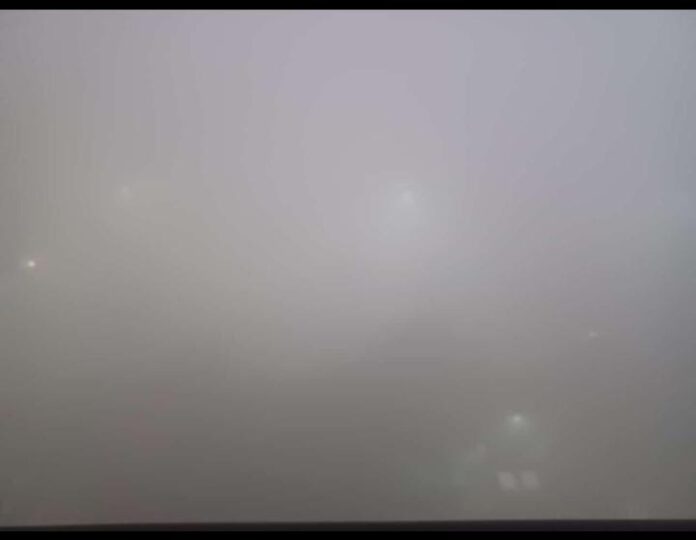On Wednesday, the central government reimposed GRAP Stage 4 restrictions in Delhi-National Capital Region (NCR) following a deterioration in air quality.
The statement issued by the Commission for Air Quality Management (CAQM) highlighted that its sub-committee decided to implement all actions under Stage III (‘Severe Air Quality’) and Stage IV (‘Severe+ Air Quality’) of the Graded Response Action Plan (GRAP) with immediate effect. Additionally, the previously enforced Stage I and II measures will continue to remain in effect.
The CAQM emphasized that “all actions under the GRAP schedule will be enforced, monitored, and reviewed by relevant agencies across NCR to ensure the AQI does not further deteriorate. Implementing agencies are advised to intensify their monitoring efforts. Citizens are urged to strictly adhere to the citizen charter under GRAP.”
Previously, on January 12, Stage 3 restrictions were lifted after rainfall in Delhi led to an improvement in AQI levels.
Impact of GRAP Stage 4 Restrictions: Online Classes and Vehicle Bans
Under Stage 4 restrictions, all construction activities are prohibited, the entry of non-essential polluting trucks into Delhi is banned, and schools—except for Grades 10 and 12—must transition to hybrid modes of instruction.
Non-essential diesel trucks are barred from entering Delhi, and locally registered BS-IV and older heavy diesel vehicles are restricted, except those providing essential services. During winters, Delhi-NCR enforces GRAP measures, classifying air quality into four stages:
- Stage 1 (Poor): AQI 201-300
- Stage 2 (Very Poor): AQI 301-400
- Stage 3 (Severe): AQI 401-450
- Stage 4 (Severe+): AQI above 450
Adverse meteorological conditions, vehicular emissions, stubble burning, firecrackers, and other local pollution sources lead to hazardous air quality levels in Delhi-NCR during winter months.

